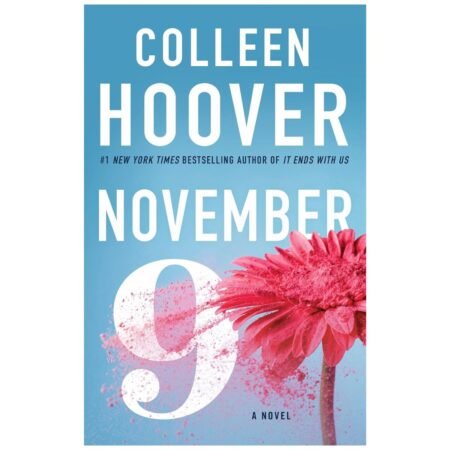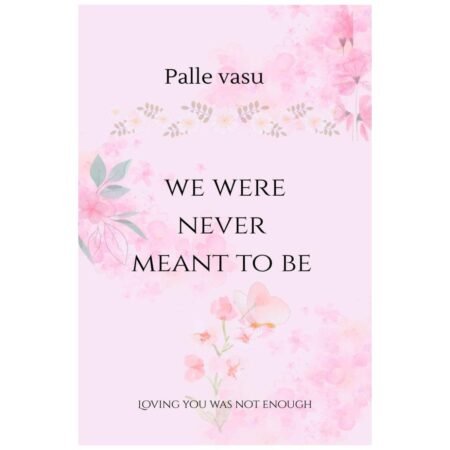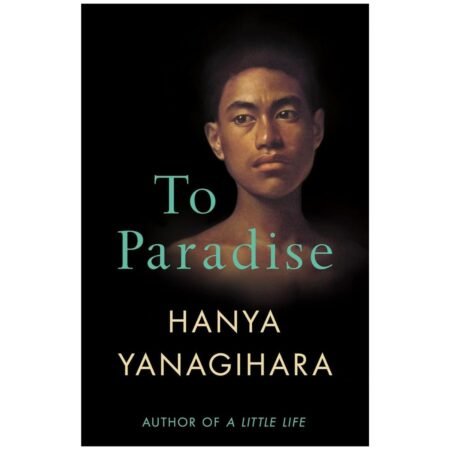Description
Godaan (meaning “The Gift of a Cow”) is Munshi Premchand’s final and most celebrated novel, published in 1936. It is a powerful social commentary on the exploitation and struggles of rural India, especially focusing on the lives of peasants under feudal and capitalist oppression.
At the center of the story is Hori Mahato, a poor farmer who dreams of owning a cow, which is considered a symbol of prosperity and status in his village. His desire to fulfill this dream leads him down a path of hardship, as he gets entangled in the web of caste oppression, economic exploitation, religious hypocrisy, and social injustice.
The novel portrays:
-
The exploitation of peasants by landlords and moneylenders.
-
The decline of village life in the face of modernization.
-
The struggles of women, especially Dhania (Hori’s wife), who emerges as a symbol of resilience and courage.
-
The hypocrisy of urban elite society, seen through side characters in the city.
Premchand uses simple yet profound language to expose the harsh realities of both rural and urban India. The story ends tragically with Hori’s death, unable to offer the godaan (cow donation) that symbolizes religious merit — reflecting the futility of his lifelong struggle.













Reviews
There are no reviews yet.